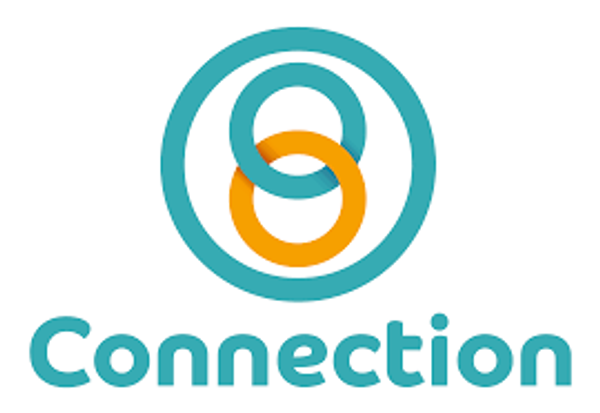How to learn and remember new vocabulary forever!
Are you having difficulty with remembering all those new words? I will teach you how to memorize and learn new words step-by-step. It's as easy as 1,2,3. Once you have learnt new vocabulary in this way you will never forget it. Many students of foreign languages struggle to remember vocabulary.
You will need:
- A notebook, the bigger the better.
- A pen/pencil and a highlighter.
- A good dictionary or an app downloaded on your phone or computer.
- Time and d*e*d*i*c*a*t*i*o*n!
Most traditional schools teach students long lists of words that have little connection to other words or sentences. Studies have shown that the best way to remember a new word is to learn it in connotation with another word or even in a sentence. For example: CONNECTION.

If you memorize the word by itself you are likely to forget it, but if you learn the word as part of a phrase you will remember it for the rest of your life!.
Step 1. Learn the new word as part of a phrase.
- 1. Internet CONNECTION (As a common collocation)
- 2. in CONNECTION to/with (Combined with prepositions)
- 3. The couple had a strong bond and connection. (As a sentence)
Step 2. Learn a synonym (similar word) for the word.
- 1. CONNECTION - in relationship to something/someone
- 2. CONNECTION - attachment
- 3. CONNECTION - link
Step 3. Learn the antonym (opposite) of the word.
- 1. The opposite of CONNECTION is seperate
- 2. The opposite of CONNECTION is unlink
- 3. The opposite of CONNECTION is divide
Step 4. Learn the derivatives of the word.
The four parts of speech are:
Nouns = A person, a thing, a place or an idea
Verbs = An action word
Adjectives = Describes a noun
Adverbs = Describes a verb
I always get my students to have a notebook especially for derivatives. Derivatives are word families that have the same root. The word has different endings depending on whether it is a noun, a verb, an adjective or an adverb. For example, most adverbs (words that describe verbs) end in -ly or -ily. The derivatives of the word CONNECT look like this:
VERB NOUN ADJECTIVE ADVERB
Connect Connection Connected Connectedly
I know that this looks really difficult and complicated, but trust me, it works! It will take about five minutes of your time but you are unlikely to ever forget the new word! 👍 Not only will you train your mind to remember and associate the word with other words, but you will also learn new words in the process. You can do this at advanced levels but also at intermediate level. You can download some excellent apps that help you. Here is a great app that I use almost every day with my Greek speaking students:
- https://play.google.com/store/apps/details?id=com.hdictionary.el&hl=en_US
Here is an example of a derivative chart:

STEP 5. Creating a Super Word Chart.
Now we are ready to move on to the final step in forever and forever remembering a word and everything connected to it. I usually tell my students to use a double spread (two pages together) to create a Super Word Chart. Using a ruler, divide the pages into 7 columns. Write the following titles at the top of each column: Verb, noun, adjective, adverb, synonym, antonym, commonly used with. We will use a different word now and create an example for our chart. The word we will use is: IMAGINE.

Verb - Imagine
Noun - Imagination
Adjective - Imaginative/ imaginary
Adverb - Imaginatively
Synonym - Create/Creative
Antonym - Real/Actual
Commonly used with... - Use your imagination/ imaginary friend/ imagine a world where.....
Once you have learnt new vocabulary in this way, it's impossible to forget. I use this with all my students and I always have results. If you need any help with your chart, please don't hesitate to contact me! 😀
12 de julio de 2018





